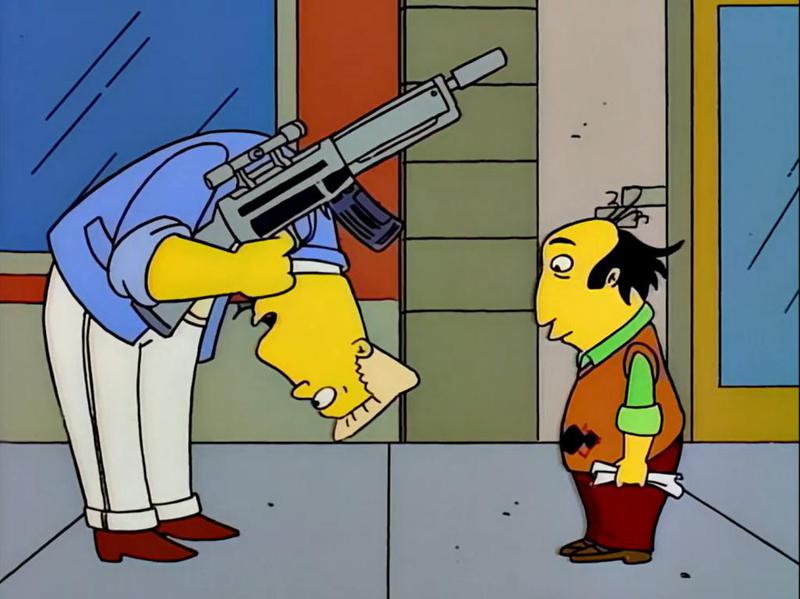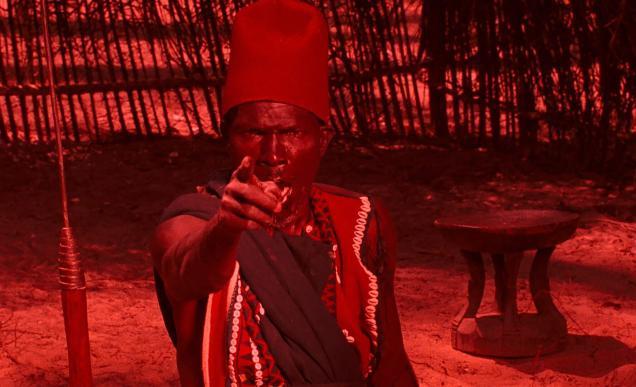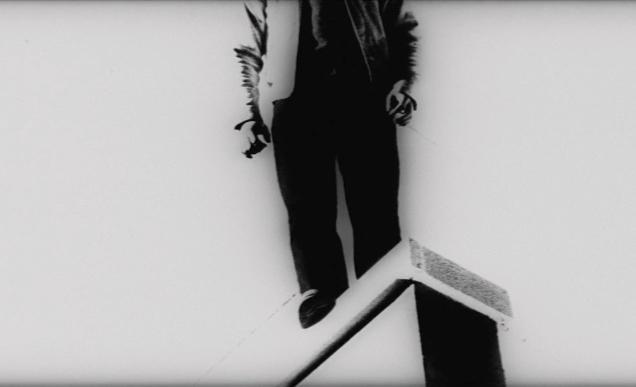
Feature: A Star is Burns, or Homer vs. Film Criticism
Over the course of its (remarkably still ongoing) 34-season run, Matt Groening has only asked that his name be scrubbed from the credits of The Simpsons on one occasion. Let that sink in for a moment. When jerkass Homer refused to give poor old Abe his kidney not once, but twice, Groening’s name was there. When Homer got botched laser eye surgery and his eyes made that horrible sound as they crusted over, Groening’s name was there.




